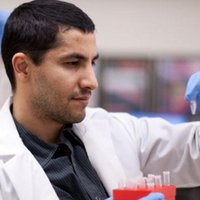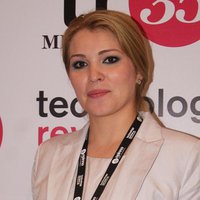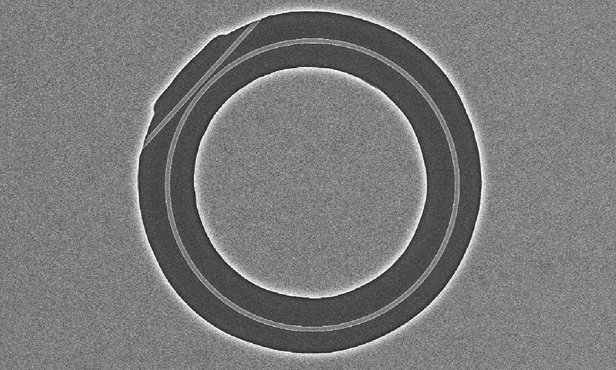Biotechnology & medicine
Ryan Bailey
Shining a light on faster, cheaper, more accurate medical tests
Courtesy of Ryan Bailey

Latin America
Javier Gómez Méndez
Affordable mobile technology to control heart disease

Europe
Abdennour Abbas
Medical diagnosis based on ultrasentives biosensors

Latin America
Damar Lizbeth López Arredondo
Genetically modified crops to optimize the use of fertilizers

Global
Abraham Flaxman
Combining different types of data in new ways in order to track and slow the spread of disease in developing countries <br>
